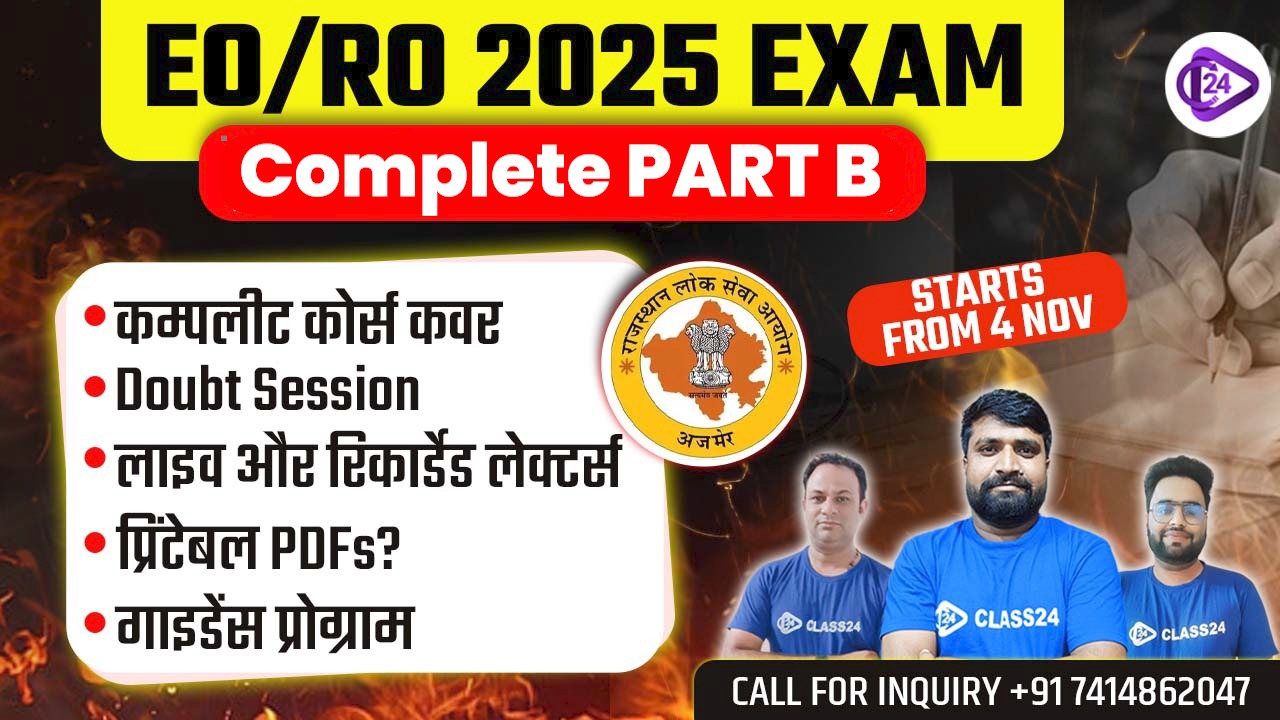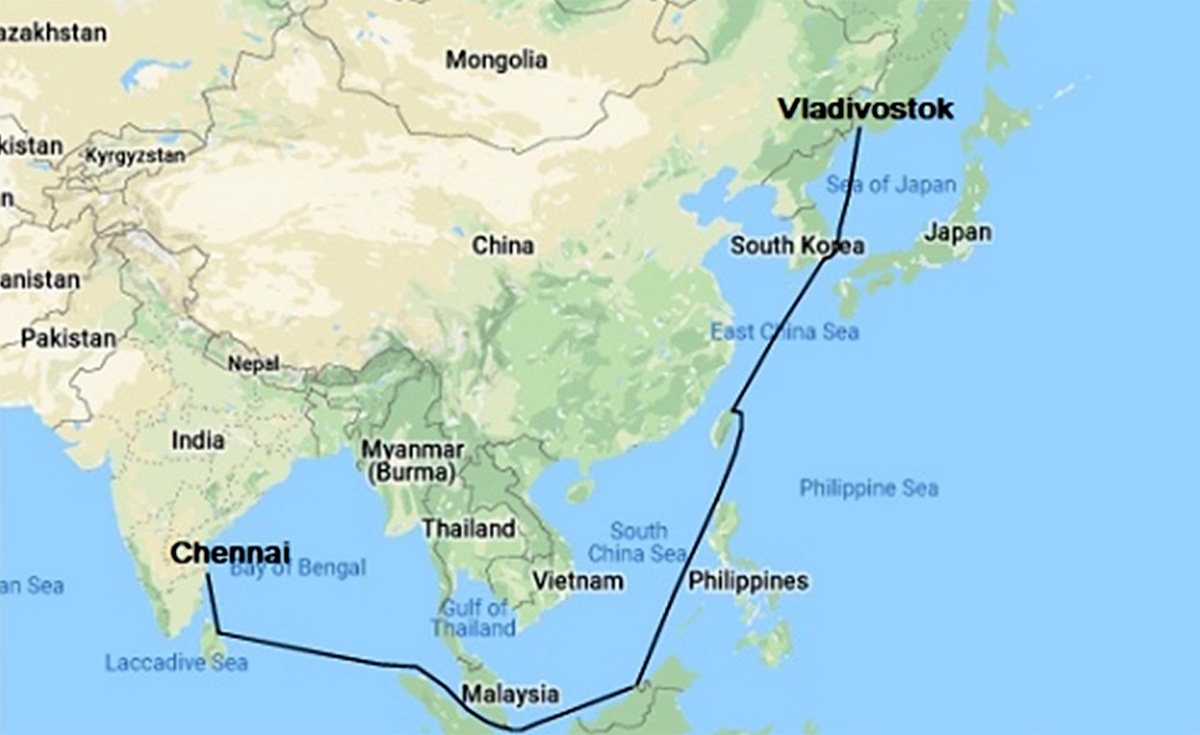
The implementation of the Chennai-Vladivostok sea route is improving the bilateral trade of India and Russia especially the supply of crude oil. The novel 5,600 nautical mile route is expected to have up to 16 days time-force in shipment making the journey take 24 days as opposed to the route that passes through St Petersburg to Mumbai taking not less than 40 days. This has helped to cut costs of transportation as is key in large volumes imports including crude oil, coal, and LNG. Since 2024, crude oil and products including coal, LNG, and fertilizers are being shipped, while exports to Russia comprise of processed minerals, iron, steel, and tea. India emerged as the biggest importer of Russian crude in July 2024, although the price cut was less than earlier. The route helps to develop India-Russia relations and provide Russia with an opportunity to diversify its Supply Chain, expand defense, and nuclear cooperation. Thus, the trade relation is expected to expand with Putin’s visit to the United States in its year of 2025.
Key points of new route
-
Operationalization of Eastern Maritime Corridor: The new sea route between Chennai and Vladivostok has trimmed down the cargo transit time by 16 days thus bringing down the total transit time from over 40 days to about 24 days boosting the trade, particularly of crude oil.
-
Reduced Shipping Time: The new route measures the distance of 5,600 nautical miles and reduces the time necessary for the transportation of goods between Indian and Russian seaports by the 16 days. This journey now takes 24 days as opposed to over 40 days if undertaking the traditional St Petersburg-Mumbai journey.
-
Key Commodities Traded: New route started in early 2024 where crude oil, coal, LNG fertilizers and other cargo in containers are conveyed through this passage. Imports comprise crude oil, coal, fertilisers etc while exports to Russia consist of processed minerals, iron & steel, and tea etc.
-
Strategic Significance: The new route enhances India’s connectivity with Russia and at the same time it minimizes Russia’s excessive reliance on China. It also supports India’s defense and nuclear deal with Russia.
Growth in Russian Oil Purchases:
India outcompeted China as Russia’s largest buyer in the market for oil in July 2024. While India’s imports declined during refinery maintenance, the flagship Urals crude is important for India with good savings even as the discount on Russian oil slows down.
India Becomes Largest Buyer of Russian Oil: India edged past China becoming the biggest importer of Russian crude in mid-2024 and October saw Russia’s Urals grade crude exports hitting a four-month high.
Trade and Commerce Cooperation:
India and Russia enjoy a strategic partnership for promoting trade and economic cooperation and the formation CRIMEA, India-Russia Intergovernmental Commission for Trade, Economic, Scientific & Cultural Cooperation , can be considered a proof. Trade with Russia surged to $65.7 billion in the fiscal year ended March 31, 2024, and aims to reach $100 billion with operations in domestic currencies to bypass the hostile countries’ sanctions. Russia’s top exported goods are crude and refined petroleum and coal and India’s top exported goods are medicaments, crustaceans and stainless steel. But the Ukraine conflict has imbalance the truss in a very way that has turned Russia as the largest exporter of oil to India and leading to trade deficit in India’s account.
International Cooperation
Both nations are cooperating in the United Nations, Group of 20, BRICS, and the Shanghai Cooperation organization where Russia will chair BRICS in 2024. Moscow favours India’s efforts to become one of the six permanent members of the UN Security Council. Over the years, due to the conflict in Ukraine, India has stood for diplomacy and has avoided taking a side but has continuing its dealings with the Russians.
Defence Cooperation
The defense cooperation between India and Russia is central, which is governed by the India-Russia Intergovernmental Commission on Military and Military Technical Cooperation (IRIGC-M&MTC). They have bilateral military drills — INDRA and Vostok – and work on outstanding projects including the BrahMos missile, and 5th generation fighter aircrafts. His equally emphasized that Russia is still the leading supplier of defense equipments to India but its percentage share in Indian defense imports has been reducing as India mulltilies its sources.
Energy Cooperation
India has invested largely in Russia and especially in the energy sector where state owned companies have invested $16 billion. The Kudankulam Nuclear Power Plant and the Sakhalin- 1 project set the examples of cooperation in the perspectives of two countries. The two countries have signed more pacts to deepen nuclear cooperation, significant of which include the construction of six new nuclear power units with Russia designs in India.
Science and Technology Cooperation
India and Russia cooperate in many fields that include science and technology, the areas of cooperation include space research, quantum computation, and nanotech. Russia remains a crux to India’s space mission and included the launch of India’s preliminary satellites and collaborations in the Gaganyaan mission. Furthermore, two nations collaborated on the production of COVID vaccines and the SPUTNIK-V became the first foreign made vaccine that got approval for emergency use in India.
Cultural Cooperation
Indian and Russian culture and history have been characterized by interchange; Indian culture has been enriched by Russian Writers and Artists. Dialogue is maintained through cultural bodies like the Jawaharlal Nehru Cultural Centre Moscow has increased people to people contacts through Tourism and Cultural exchange through sharing of culture personalities. Both Indian cinema and Yoga have continued to grow popular in Russia, thus improving the people to people interaction.
Significance of India-Russia Relations
India- Russia relation is categorically mutually strategic, economic, defense, and geopolitical. Thus it enhances India’s position in the world predominantly in the context of dealing with the western countries as well as China. Russia endorsing India’s bid to join the UN Security Council and its defense relations meaning make it central to India’s strategic and strategic interests. Energy trade relationship is very significant for both the countries in the path of their development.
Challenges in India-Russia Relations
Though relations are strong, there are problems. Many factors make up the relationship including the fact that India has in recent times aligned itself more with the U.S. and Russia is very close to China. The Western orientation of the Indian defense procurement system and imbalance in trade since India has very little to offer to Russia is a challenge. Moreover, the Russia Ukraine situation makes India diplomatically uncomfortable between its energy and economic relations with Russia on one hand and relations on the other hand.
Way Forward for India-Russia Relations
As Russian President Vladimir Putin is planning to visit India in 2025, the trade relation is likely to expand; overall logistics and strategic integration will be the added-up boost. India and Russia need to expand the spectrum of their cooperation – not only in terms of trade and energy but also in terms of diplomatic and financial contribution. That is why export diversification into new fields such as technologies, pharma, and renewables can respond to the presence of trade imbalances.
Conclusion
The new Chennai-Vladivostok sea route is a game-changer for India-Russia trade relations, significantly reducing shipping time and cutting transportation costs. By streamlining the movement of key commodities like crude oil, coal, LNG, and fertilizers, the route not only strengthens the bilateral economic ties but also enhances Russia's trade diversification and minimizes its dependence on China. Furthermore, this initiative provides an opportunity to deepen defense and nuclear cooperation between the two nations, supporting India's strategic interests. As trade between India and Russia continues to grow, the route could play a pivotal role in shaping future geopolitical and economic developments in the region.
Chat With Us



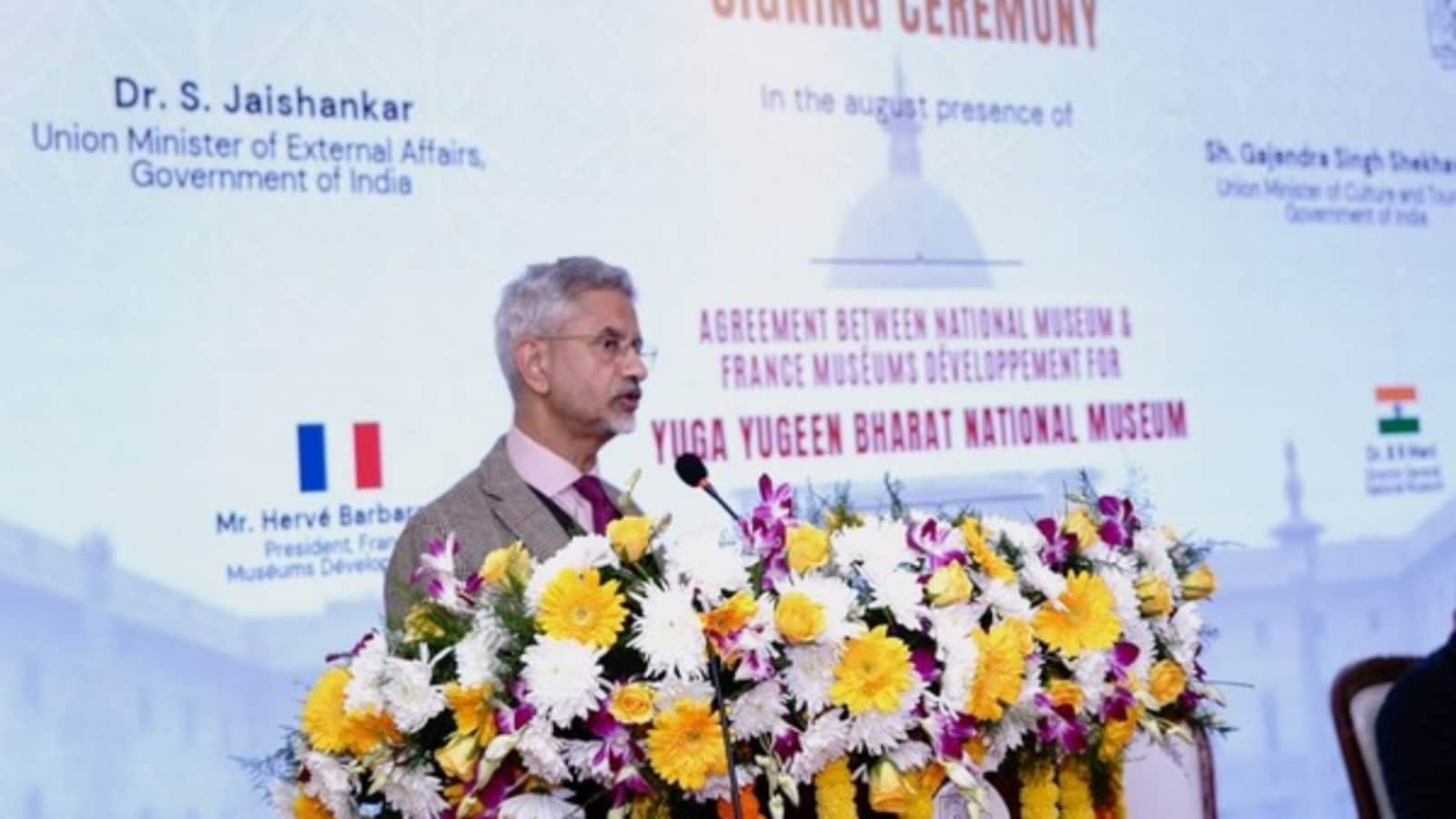 India Partners with France Museums Development for Yuga Yugeen Bharat National Museum
India Partners with France Museums Development for Yuga Yugeen Bharat National Museum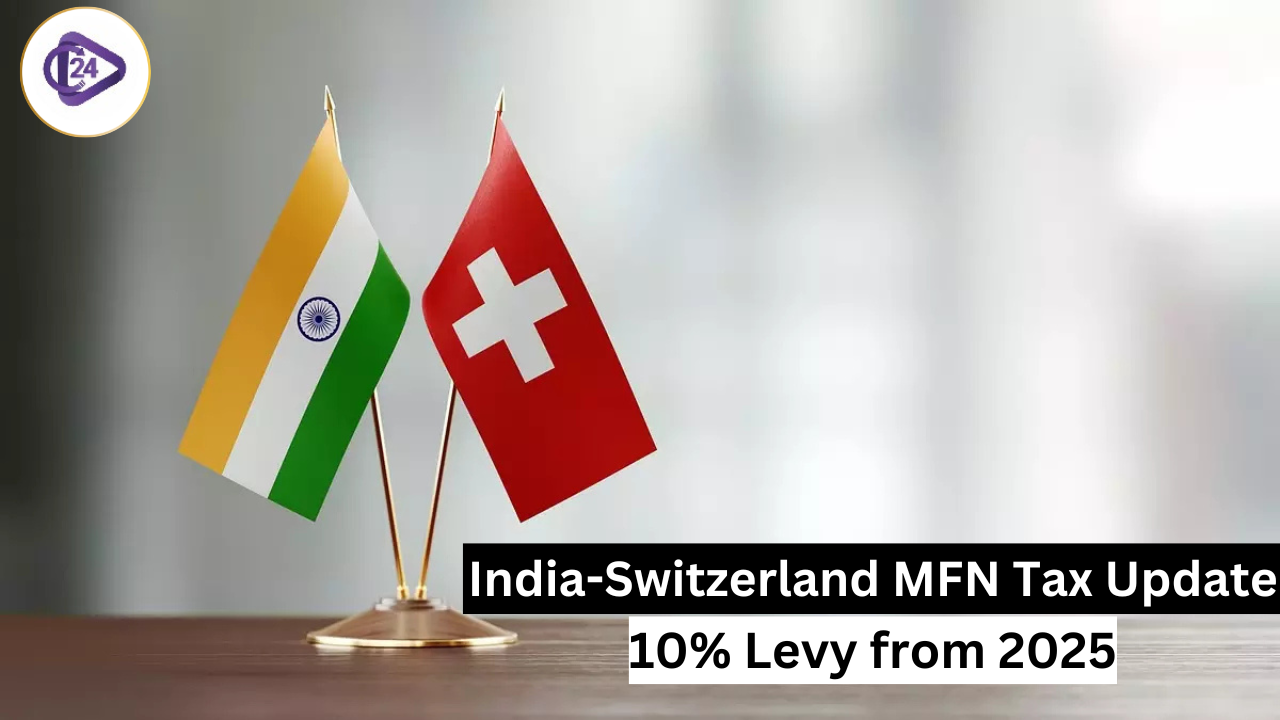 Switzerland Withdraws MFN Status for India: Implications on Tax and Trade
Switzerland Withdraws MFN Status for India: Implications on Tax and Trade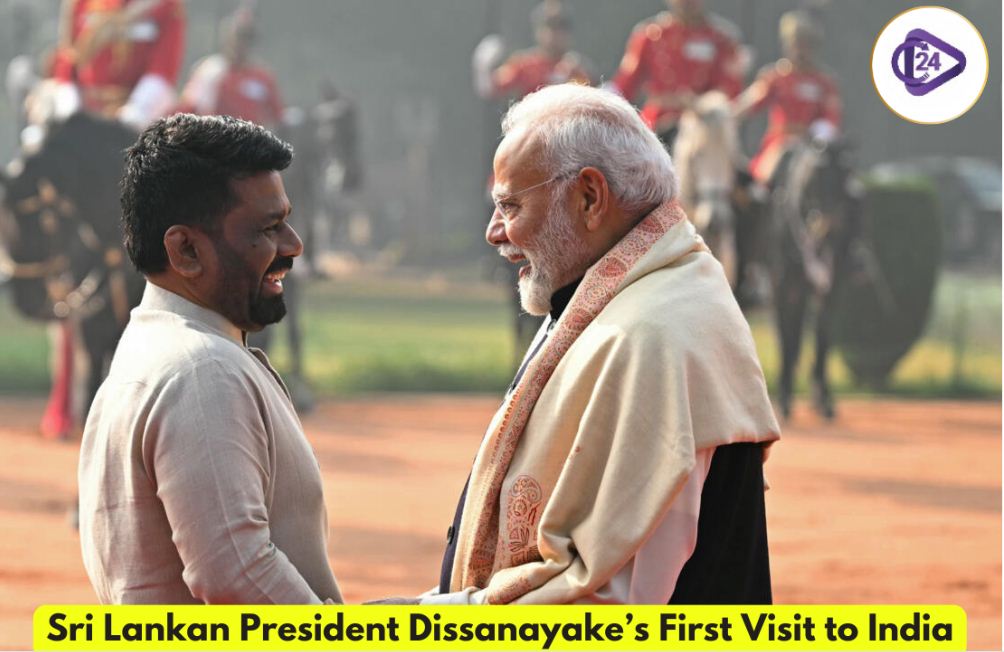 Srilankan PM Dissanayake's first visit to India
Srilankan PM Dissanayake's first visit to India Disease X: Congo Outbreak Highlights the Next Potential Pandemic
Disease X: Congo Outbreak Highlights the Next Potential Pandemic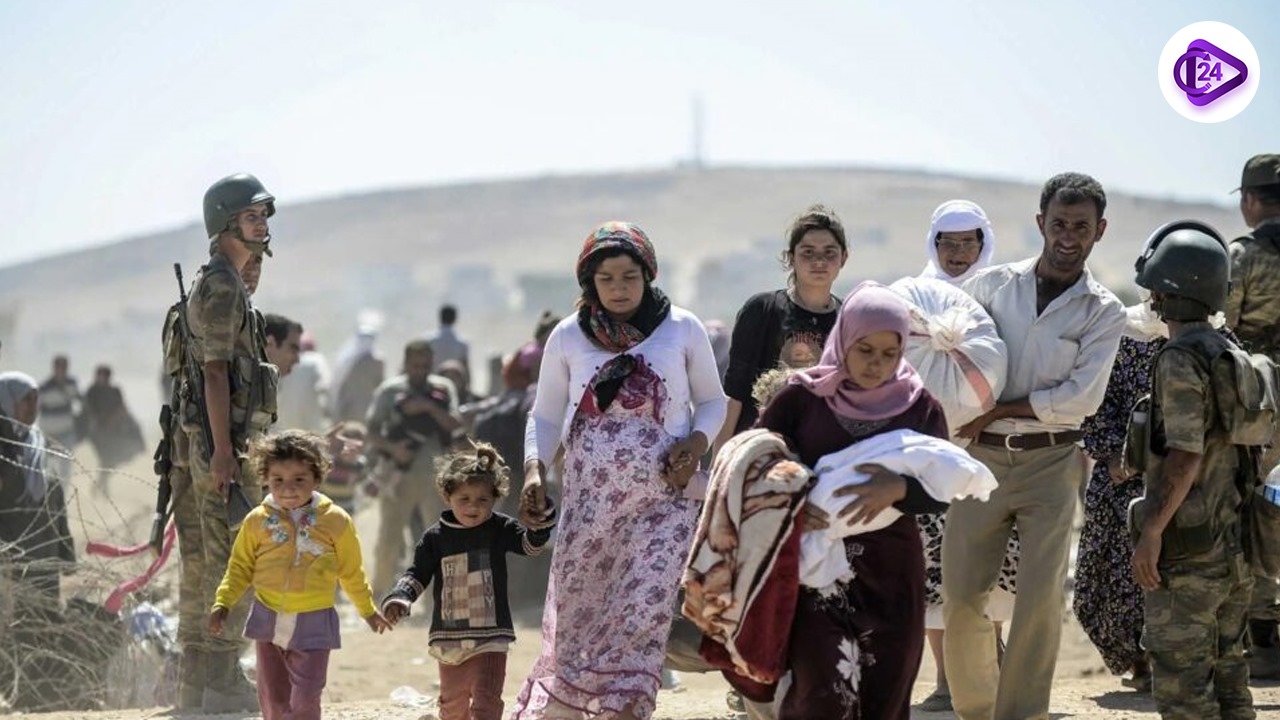 The Syrian Crisis: Geopolitical and Humanitarian Challenges
The Syrian Crisis: Geopolitical and Humanitarian Challenges India Supports Palestine Peace Resolution at UNGA
India Supports Palestine Peace Resolution at UNGA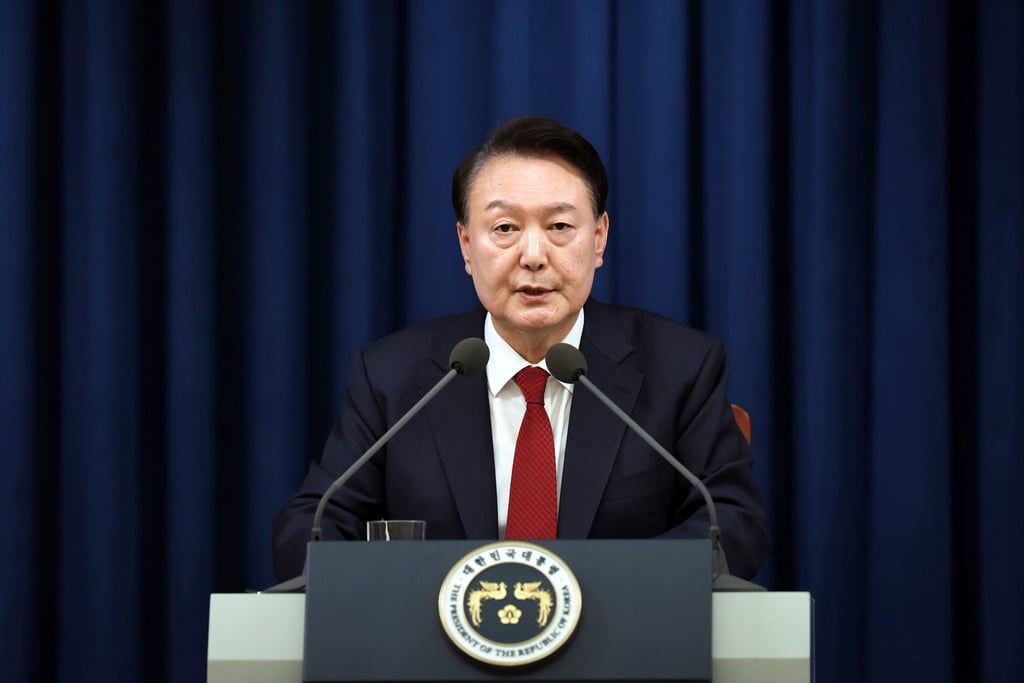 South Korea Martial Law Crisis: Political Unrest and Impact on India
South Korea Martial Law Crisis: Political Unrest and Impact on India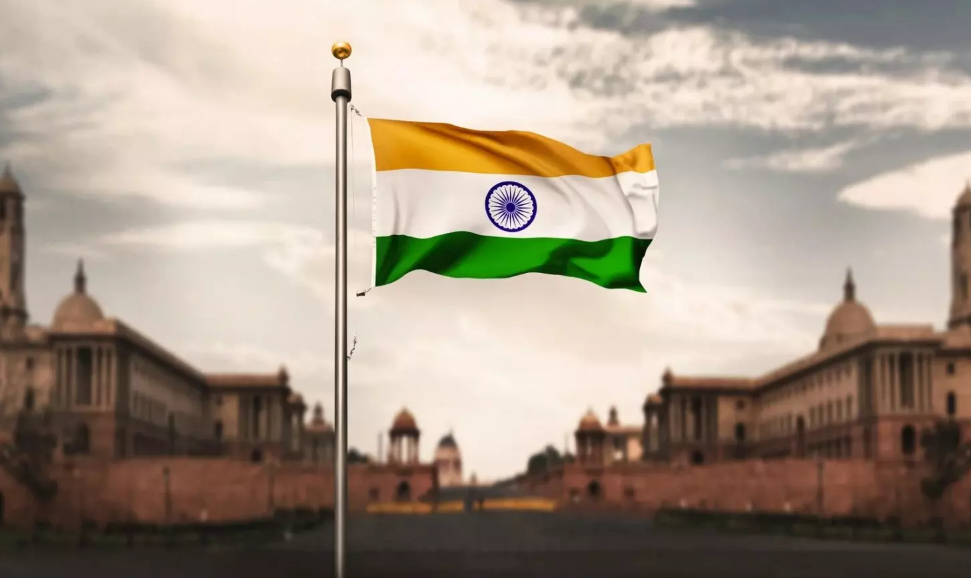 India Secures re-election UN Peacebuilding Commission 2025-2026
India Secures re-election UN Peacebuilding Commission 2025-2026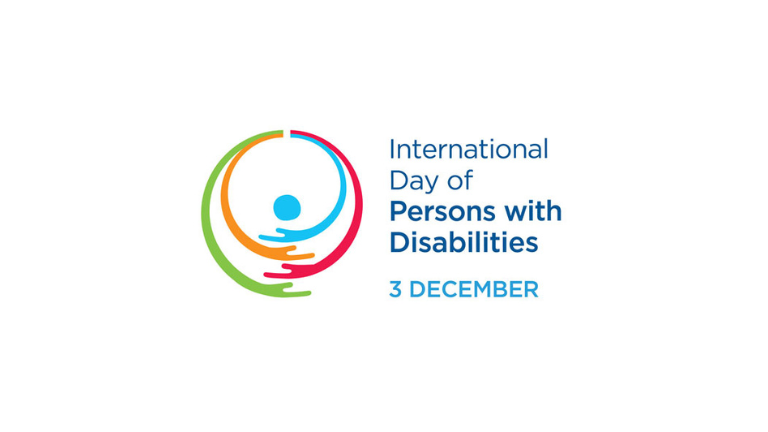 Persons with Disabilities Day 2024 Awareness and Rights
Persons with Disabilities Day 2024 Awareness and Rights




